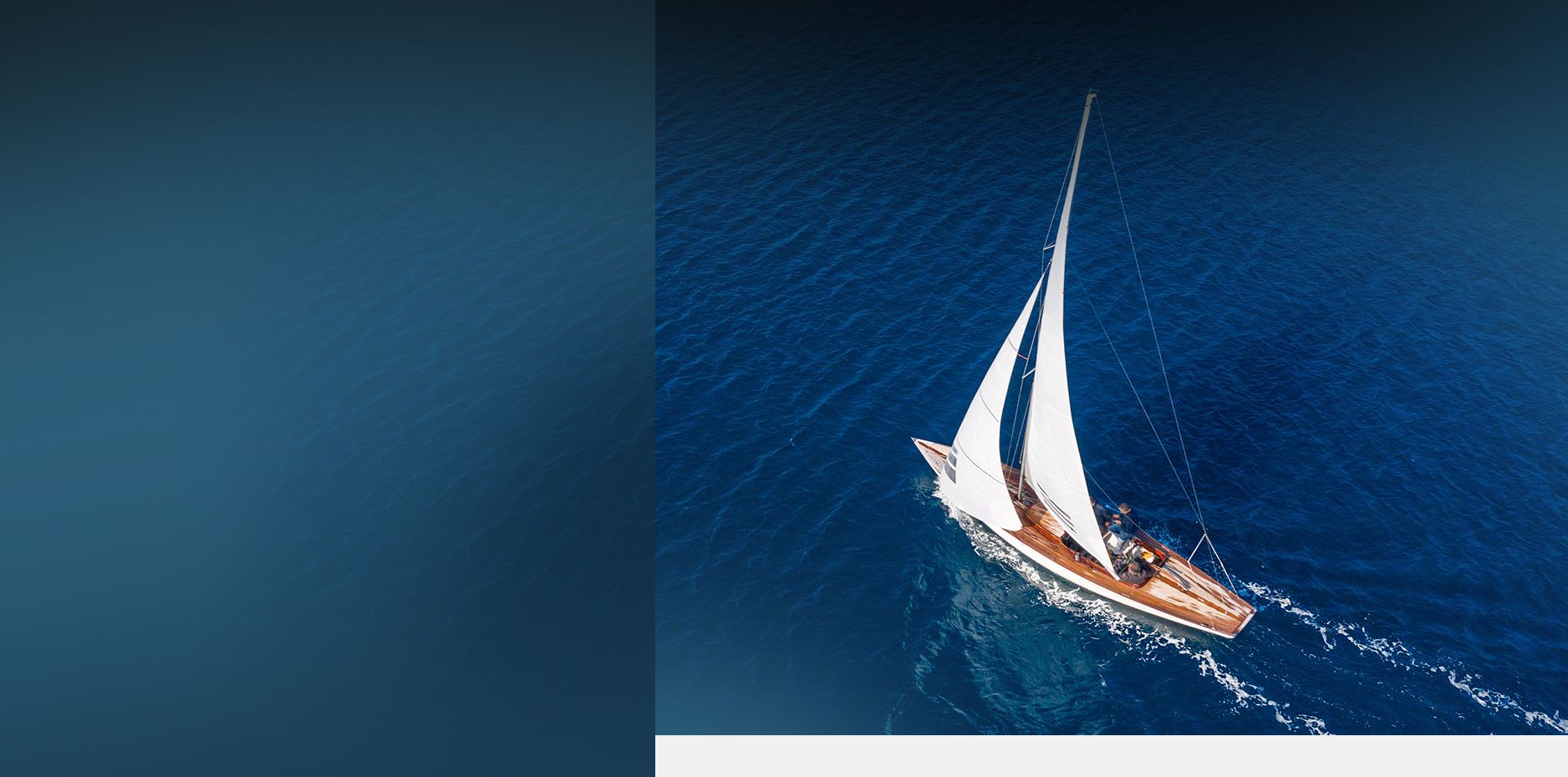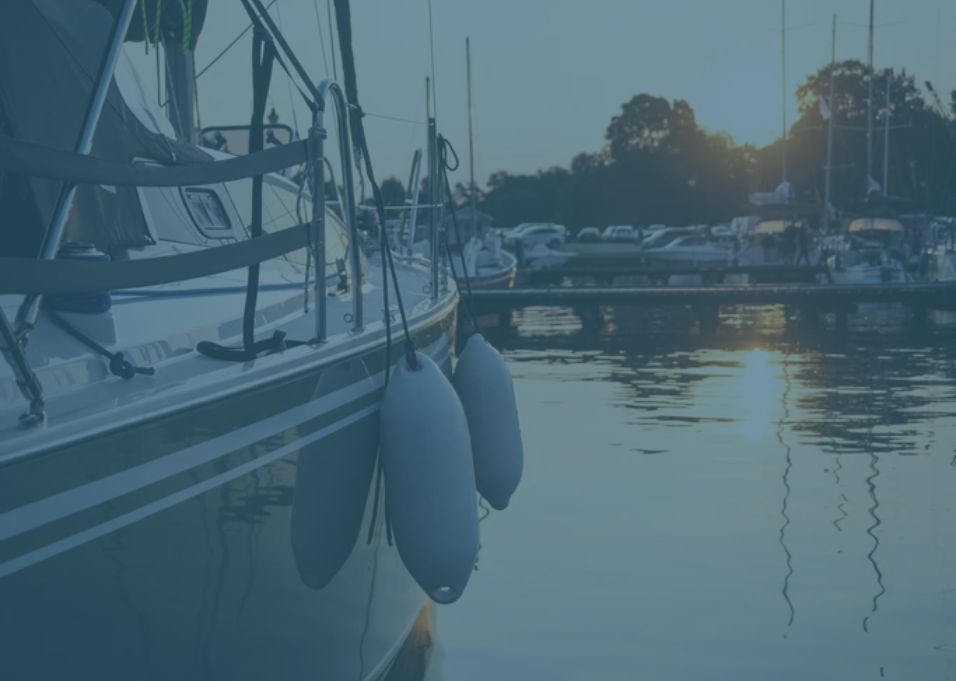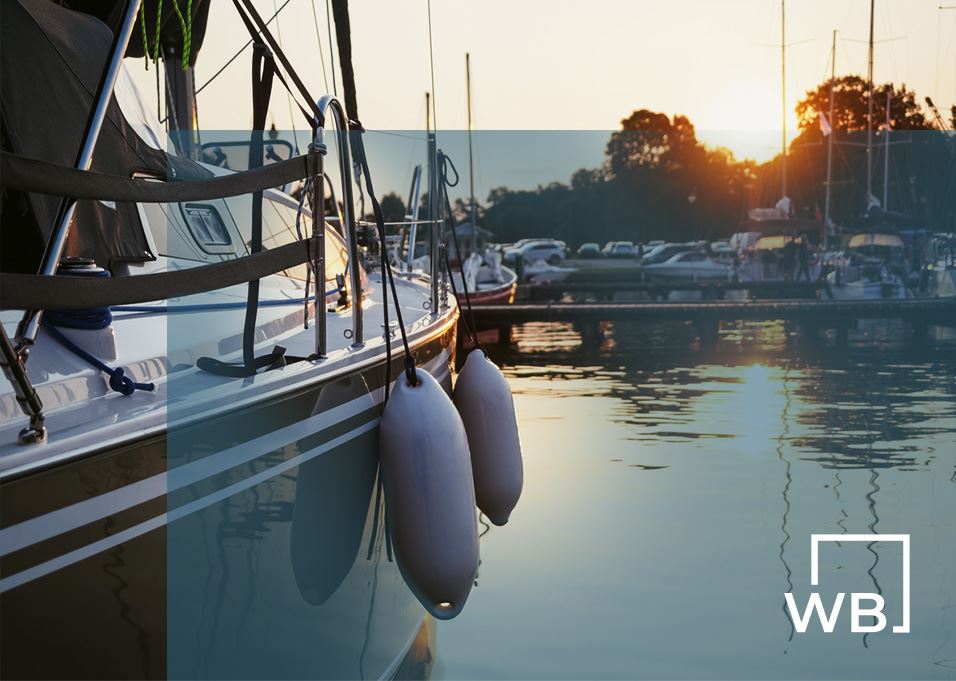
-
California Personal Injury Law Firm
With locations throughout California, we have the resources and experience to take on any corporate opponent and win.
-
You Won't Pay Unless We Win
Wisner Baum offers free case evaluations. If our injury attorneys do not obtain compensation on your behalf, you owe us nothing.
-
Over $4 Billion Won For Our Clients
Our history of success reflects our relentless pursuit of justice and unwavering dedication to achieving the best possible outcome for every case we handle.
Boating Accident Lawyers
Nationwide Attorneys Representing Victims of Tour Boats, Cruise Ships, Ferries, and Duck Boats
Boating accidents have devastating consequences for victims and their families. Companies that own and operate tour boats, cruise ships, ferries, and duck tour boats are required to maintain their vessels in proper condition, provide life-saving devices such as life jackets for passengers, and ensure compliance with maritime law and applicable regulations.
Tragically, unethical operators choose to put profit ahead of safety by:
- Failing to properly maintain boats in their fleet.
- Failing to operate boats in a safe manner.
- Failing to cancel tours when dangerous conditions are forecast.
- Failing to clearly inform passengers where safety gear can be found and how to use it.
- Failing to properly train crewmembers.
- Failing to make passenger safety the primary consideration.
If a vessel owner or operator puts lives in danger through negligent, careless or reckless actions (or inactions), they can be held liable for any personal injury or wrongful death that happens as a result. At Wisner Baum, we have decades of experience fighting on behalf of boating accident victims nationwide, and we can help you seek justice after you suffer serious injuries. Based in California, our attorneys can take on cases nationwide.
Contact our boating accident attorneys at (855) 948-5098 today for a free consultation.


Contact our experienced attorneys to learn about your legal options. Your consultation is free and confidential.
-
 Baum Hedlund Aristei & Goldman Files Hawaii Lava Tour Lawsuit
Baum Hedlund Aristei & Goldman Files Hawaii Lava Tour Lawsuit -
 Jury Awards $123 Million to 2015 Seattle Duck Boat Crash Victims
Jury Awards $123 Million to 2015 Seattle Duck Boat Crash Victims -
 Hawaii Lava Boat Tour Injures Dozens
Hawaii Lava Boat Tour Injures Dozens -
Missouri Duck Boat Accident Kills 17
-
 What Caused the Fatal Four C’s Boat Explosion in the Bahamas?
What Caused the Fatal Four C’s Boat Explosion in the Bahamas? -
Five Students Killed Others Critically Injured in Seattle Duck Tour Boat Accident
-
 Baum Hedlund Aristei & Goldman Files Hawaii Lava Tour Lawsuit
Baum Hedlund Aristei & Goldman Files Hawaii Lava Tour Lawsuit -
 Jury Awards $123 Million to 2015 Seattle Duck Boat Crash Victims
Jury Awards $123 Million to 2015 Seattle Duck Boat Crash Victims -
 Hawaii Lava Boat Tour Injures Dozens
Hawaii Lava Boat Tour Injures Dozens -
Missouri Duck Boat Accident Kills 17
-
 What Caused the Fatal Four C’s Boat Explosion in the Bahamas?
What Caused the Fatal Four C’s Boat Explosion in the Bahamas? -
Five Students Killed Others Critically Injured in Seattle Duck Tour Boat Accident
What to Do After a Serious Boat Accident?
If you or someone you love was harmed in a boat crash, it is in your best interest to speak with a lawyer who has experience handling catastrophic personal injury and wrongful death cases. You need someone who will fight hard to ensure you receive fair compensation and hold boat owners and tour companies responsible for their actions or negligence. In short, you need a firm with experienced trial lawyers.
Wisner Baum has represented thousands of people across the U.S. who have been affected by tragedies and mass disasters. We have extensive experience investigating major transportation accidents, including boat accidents, plane crashes and train derailments. With decades of experience, our attorneys have sued some of the largest transportation companies in the world. Our attorneys are ceaseless safety advocates dedicated to protecting consumers from negligent companies that willingly choose to put profits above all else.
Call (855) 948-5098 or contact us online to schedule a consultation.
Types of Boat Accidents
Tour Boat Accidents
Tour boats are a way for people to see the sights in exciting locations. Areas near the ocean, rivers or lakes offer water taxis, charter boat rentals, duck boat tours, swamp tours, fishing tours, whale watching, scuba and snorkeling tours, and more. Tour boat operators owe a duty of care to ensure the safety of their passengers.
Any negligence can turn an otherwise fun activity into tragedy. Below are some common results of tour boat operator negligence:
- Wrongful death. Passengers aboard tour boats must be offered some level of protection against drowning in the event of an accident. This includes railings and barriers to keep passengers from going overboard, and access to certified life vests or other floatation devices.
- Traumatic brain injury (TBI) or spinal injury. Head and neck injuries are common if a tour boat collides with another vessel, as most, if not all passengers are not wearing safety belts.
- Fire and burn injury. Fires on boats are catastrophic as they can spread quickly, and passengers have little time to react with minimal escape routes. Boat owners and operators must ensure all on board have a means of escape and that fire suppression systems are present, functional and easily accessible.
- Other personal injuries. Passengers may sustain broken bones, lacerations or other personal injuries if they are standing or walking on the tour boat while it maneuvers through the water.
Dive Boat Accidents
Dive boats, sometimes referred to as scuba boats, take people out for diving excursions. These excursions can be as short as a few hours or several days long and can involve people with a range of experience, from beginners to highly experienced divers. Depending on the size of the dive boat, tours can take dozens of people at a time and may include gourmet meals, sleeping berths, and ecological presentations.
As with all boats, dive boats can be the scene of great tragedy. Tour boat owners, operators, and crew are responsible for passenger safety, including ensuring that the boat is seaworthy, that all Coast Guard safety rules and regulations have been met, that there are no unreasonable defects or hazards on the boat, that all exits are easily accessible, and that passengers are not put at any unnecessary risk of harm, including death.
Duck Boat Accidents
Duck Boats are amphibious vehicles that can travel over land or water. While they were initially designed for use in WWII, they are now used for recreational purposes to take sightseers around tourist destinations, offering different perspectives from both land and water.
After numerous fatalities in Duck Boat accidents, the National Transportation Safety Board (NTSB) recommended changes to Duck Boat designs, including removing the canopy, which can trap passengers if a Duck Boat takes on water.
Among the multiple-fatality accidents involving Duck Boats:
- 1999 Arkansas: 13 people died when a Duck Boat sank
- 2015 Washington: 5 people died and 44 were injured when an improperly-maintained Duck Boat collided with a tour bus in Seattle
- 2018 Missouri: 17 people died when a Duck Boat sank on Table Rock Lake in Branson
In 2016, Wisner Baum filed a lawsuit on behalf of one of the five victims killed in a major 2015 Duck Boat accident in Seattle. The wrongful death lawsuit alleged the Duck Boat vehicle involved in the collision had a known defect in the axle, which caused the driver to lose control and veer into oncoming traffic.
The lawsuit alleged that Ride the Ducks Seattle, the Duck Boat operator involved in the Seattle accident, was negligent in many respects, including but not limited to:
- Failing to properly inspect, maintain and repair the Duck Boat vehicle.
- Failing to use reasonable care to detect and remedy hazardous defects.
- Failing to address a 2013 safety notice issued by Ride the Ducks International.
- Failing to properly train and supervise its mechanics and drivers.
- Operating an unsafe, dangerous and defective Duck Boat vehicle on a state highway known to have inadequate lane width to accommodate the Duck Boat.
- Requiring drivers to function as both tour guides and drive their vehicles simultaneously.
In 2016, Ride the Ducks International (RTDI), the manufacturer of the duck boat vehicle involved in the Seattle crash, agreed to pay up to $1 million in civil fines for violating federal safety regulations. RTDI failed to notify federal transportation officials and issue a recall after discovering a potential defect on the front axles of its duck boats.
“Duck Boat vehicles were not originally designed for recreational tourist excursions, especially with large groups,” says attorney Timothy A. Loranger, who represented victims from the 2015 Duck Boat crash in Seattle. “Yet despite numerous safety lapses, these amphibious vehicles continue to operate in cities throughout the country…it is shameful.”
Three years after the tragic crash, 43 victims who were injured or killed in the Seattle duck boat crash were finally able to present their cases to a jury. The trial lasted for months and included more than a week of deliberations. In the end, the jury found that Ride the Ducks and Ride the Ducks International were negligent in the 2015 Seattle Duck Boat crash and awarded $123 million to victims and their families.
Cruise Ship Accidents
Cruise ships offer excursions and activities at ports of call, including sightseeing bus tours and charter boat trips. While cruise companies may tell passengers that they have performed the due diligence of vetting the excursion vendors they contract with, when disaster strikes, passengers often find that the cruise ship’s promise of safety was far from a guarantee.
Cruise lines usually tout the tours they offer at various ports of call. But, when a passenger is injured on a tour, they hasten to distance themselves from the company operating the tour. The fine print on cruise ship contracts asserts that cruise companies are not actually vouching for cruise ship excursion operators, nor do they view them as agents affiliated with the cruise company. On the contrary, when excursion accidents happen, cruise companies trot out the fine print to inform their injured passengers that, “unfortunately”, they have nothing to do with the tour and that the tour operators providing onshore services are independent contractors.
Another way that cruise lines make it difficult for injured passengers (or their families) to hold them responsible is through a provision buried in the fine print, usually only understood by lawyers known as a “forum selection clause.” This provision allows cruise companies to select the location where a potential product liability, personal injury, or wrongful death lawsuit can be filed.
How does this help shield cruise lines from liability? The forum selection clause might require claims to be decided in a state far from the residence of passengers or their families, or even in some foreign country. This creates a burden for most that often discourages people from pursuing their rights.
Ferry Accidents
Ferry boats are often used to transport passengers, frequently over a short distance. Transportation authorities might use them to transport commuters across a harbor, between islands, or for short sightseeing trips.
In 2010, a Staten Island captain lost control of the boat as it approached the St. George terminal too fast. Consequently, it violently crashed into the pier. Approximately 40 people were taken to local hospitals following the ferry crash. Seven years before, the same ferry missed a dock and crashed into a maintenance pier while traveling at full speed. Eleven people died and 70 more were injured.
Contact us at (855) 948-5098 today to discuss your legal options. Our attorneys are available for a no-obligation consultation to answer your questions and explain your rights.



